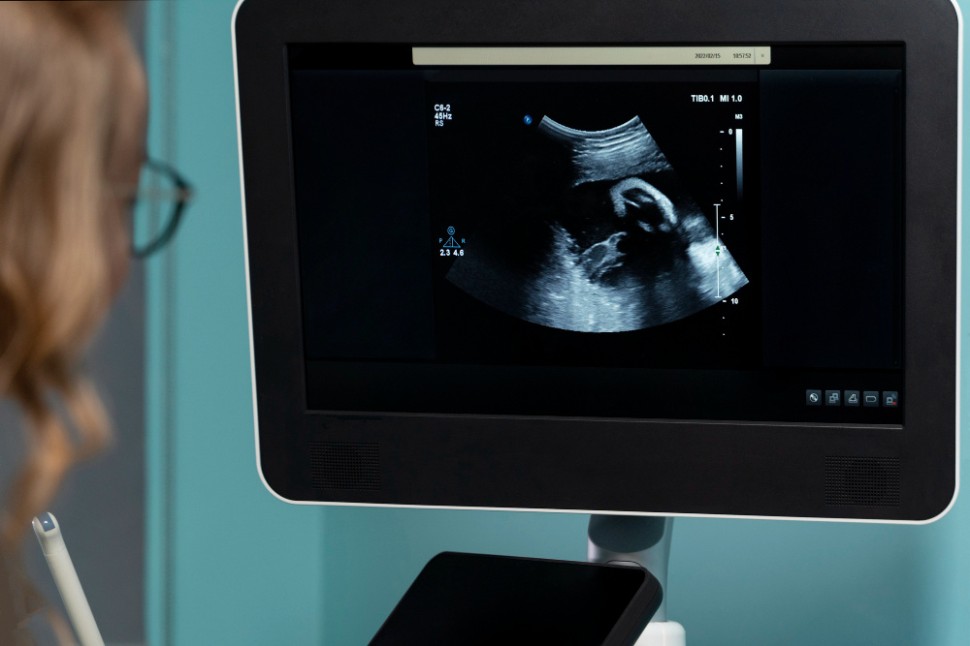The legal standing of frozen embryos has taken a pivotal turn in Alabama. The Alabama Supreme Court has made a definitive ruling, acknowledging frozen embryos as children within the ambit of state laws. This decision directly impacts the application of the Wrongful Death of a Minor Act, encompassing all unborn children regardless of their developmental stage or physical location.

What Prompted the Court's Ruling?
A group of IVF patients brought this high-profile case to the forefront. Their frozen embryos met an unfortunate demise in December 2020 due to an incident at the Center for Reproductive Medicine. Following this, there was a pair of lawsuits claiming violation of state law and questioning the care standards of the clinic.
The legal journey began with the assertion that Alabama's existing statutes could extend to the unborn in various circumstances. Plaintiffs pushed back against an earlier trial court decision with this argument, seeking to re-evaluate their substantial loss under the provisions of existing wrongful death and negligence laws.
Could Frozen Embryos Fall Under the Wrongful Death of a Minor Act?
With the trial court dismissing the claims, it fell upon the Alabama Supreme Court to delve deeper into the legal interpretation. What followed was a thorough inquiry into the language of the law and its application to the frozen embryos.
The Court emerged with a majority opinion that refuted the trial court's findings, opining that unborn children, regardless of whether in utero or not, should be included under the Wrongful Death of a Minor Act.
The Defense's Argument and Its Reception
Defending their position, the clinic and other defendants pointed to potentially intricate consequences should frozen embryos be legally identified as children. They painted scenarios where additional costs and burdens could affect IVF treatments significantly.
However, the Court held firm, suggesting that these arguments were better suited for legislative rather than judicial chambers.
Dissent in the Court's Midst
Amid the majority agreement, one justice, Greg Cook, stood apart with his dissent. Justice Cook stressed that a court should not venture into the legislative territory, which he believed would be the case should the existing statutes be stretched to include considerations such as frozen embryos without direct instruction from the Legislature. He urged restraint, reflecting on the original context of the law, which dates back to the 19th century.
Implications and Broad Reaches of the Court's Decision
This judgment from the Alabama Supreme Court could resonate far and wide, setting motions in state and possibly federal conversations regarding reproductive technologies and legal definitions. The Court's alignment injects a new dimension into what it means to have 'rights' at the embryonic stage and could herald a string of changes in medical and legal practices.
Justice Jay Mitchell's name now marks a turning point in Alabama's legal history, with this decision possibly influencing other jurisdictions and shaping the future treatment of IVF and reproductive rights.
With this decision, Alabama grapples with the profound questions of life, personhood, and legal protection from its earliest stages, and the dialogue it stimulates is sure to carry intense legal, ethical, and political relevance.




